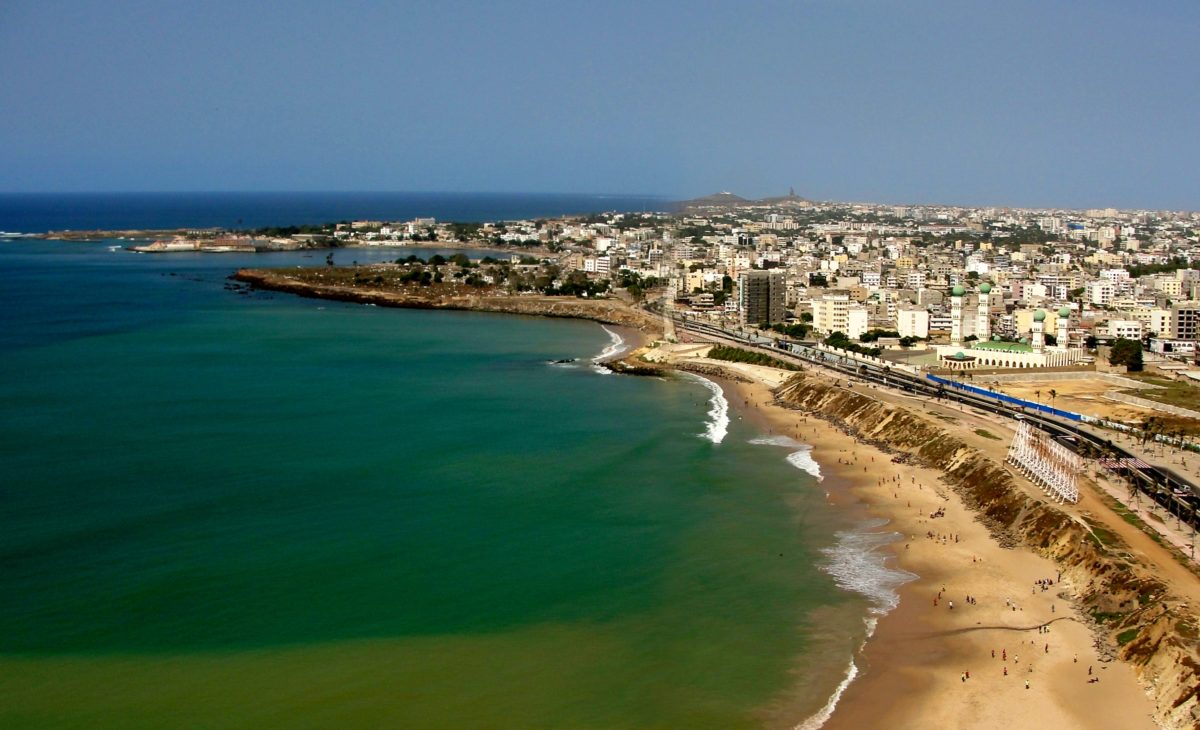French solar developer Solairdirect, a unit of France’s energy group Engie, has connected to the grid a 30 MW solar park in Senegal. The plant is located in Santhiou Mékhé near Méouane, in the Thiès region in northwest Dakar.
The plant, which is claimed to be the largest PV plant installed in the country and across West Africa to date, was officially commissioned by Senegal’s president Macky Sall on Thursday. Local press agency APS reports that the 27 billion CFA ($46.9 million) project was financed 53% by French investment firm Meridiam and by Proparco, a development financial institution partly owned by French Development Agency (AFD) and private shareholders which promotes investments in Africa, Asia, Latin America, and the Middle East. The remaining funds were provided by the project developer Senergy PV SA (15%) and Senegal’s Sovereign Fund for Strategic Investment (32%).
Construction on the facility began in May 2016. Solairedirect was responsible for building the power plant and Schneider Electric supplied the inverters and transformers.
The Santhiou-Mékhé power plant falls within the Emerging Senegal Plan (ESP), launched by President Macky Sall in 2014. The electricity will be bought by the Senegal National Electricity Company (SENELEC) and injected into the national network.
Currently, there are more solar projects under development in Senegal. GreenWish is also constructing a 20 MW solar farm in Bokhol, Senegal, near the Mauritanian border. However, this project is being financially backed by Denham, rather than by Meridiam. Furthermore, there is a tender under preparation concerning three projects totalling 100 MW.
Popular content
These utility scale projects are not the only solar installations making headlines in Senegal, as a number of off-grid PV projects are also being developed in more remote areas.
Senegal was the second African country to join the International Finance Corporation’s Scaling Solar program in January 2016. At the time, the country’s government set an installment goal of 200 MW of PV within the next few years. Under this initiative, the IFC is organizing competitive reverse auctions for solar, as well as providing financing and guarantees for investors in order to reduce funding risks.
Senegal has been beset by energy problems for many years, exacerbated by frequent droughts in many regions that have led to a rural exodus, thus piling demand on to already-overstretched city grids. The country has currently around only 650 MW installed generation capacity.
This content is protected by copyright and may not be reused. If you want to cooperate with us and would like to reuse some of our content, please contact: editors@pv-magazine.com.



4 comments
By submitting this form you agree to pv magazine using your data for the purposes of publishing your comment.
Your personal data will only be disclosed or otherwise transmitted to third parties for the purposes of spam filtering or if this is necessary for technical maintenance of the website. Any other transfer to third parties will not take place unless this is justified on the basis of applicable data protection regulations or if pv magazine is legally obliged to do so.
You may revoke this consent at any time with effect for the future, in which case your personal data will be deleted immediately. Otherwise, your data will be deleted if pv magazine has processed your request or the purpose of data storage is fulfilled.
Further information on data privacy can be found in our Data Protection Policy.